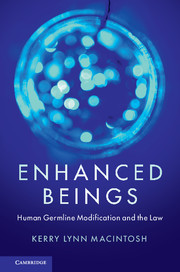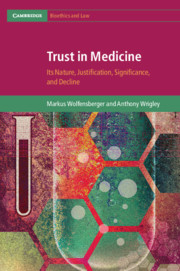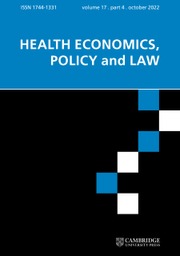Human Cloning
Since Dolly the sheep was born, controversy has swirled around the technology of cloning. We recoil at the prospect of human copies, manufactured men and women, nefarious impersonators and resurrections of the dead. Such reactions have serious legal consequences: lawmakers have banned stem cell research along with the cloning of babies. But what if our minds have been playing tricks on us? What if everything we thought we knew about human cloning is rooted in intuition rather than fact? Human Cloning: Four Fallacies and their Legal Consequences is a rollicking ride through science, psychology and the law. Drawing on sources ranging from science fiction films to the Congressional Record, this book unmasks the role that psychological essentialism has played in bringing about cloning bans. It explains how hidden intuitions have caused conservatives and liberals to act contrary to their own most cherished ideals and values.
- Takes an interdisciplinary approach that addresses the science, psychology and law of cloning
- Debunks common arguments against human cloning discussing the science behind cloning and tracing the link between psychological essentialism and cloning laws in the United States
Product details
June 2014Paperback
9781107669598
328 pages
229 × 152 × 18 mm
0.44kg
5 tables
Available
Table of Contents
- Part I. The Science of Cloning:
- 1. Animals born through cloning are ordinary members of their species
- 2. Animals born through cloning are unique individuals and have their own lifespans
- 3. Humans born through cloning will be unique individuals and have their own lifespans
- Part II. The Cognitive Psychology of Cloning:
- 4. Identity and essentialism
- 5. Artifacts and essentialism
- 6. Imposters and essentialism
- 7. Resurrection and essentialism
- Part III. The Law of Cloning:
- 8. Essentialism and the law of reproductive cloning
- 9. Essentialism and the law of research cloning.






